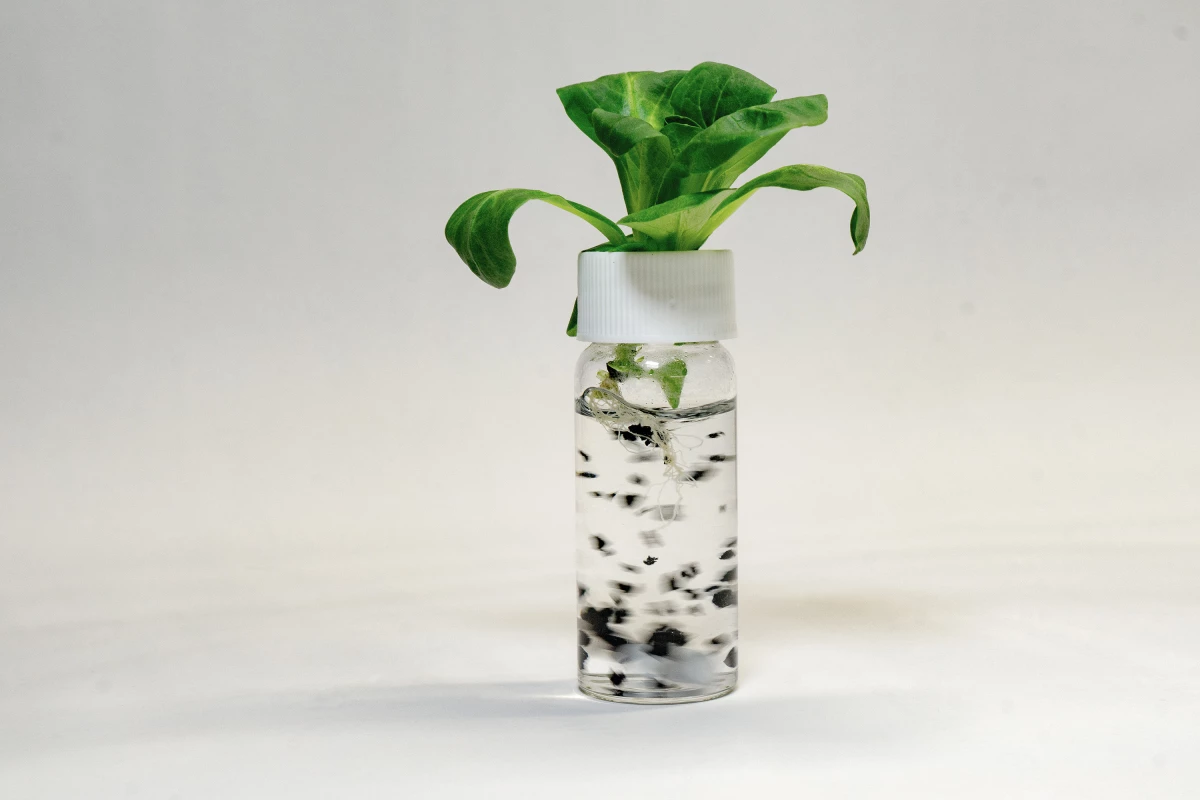Most people are well acquainted with the idea of farm-to-table dining. But what about highway-to-table cuisine? A new study out of the University of Vienna (UV) shows that lettuce readily takes up particles produced from rubber car tires as they roll along our roadways. The research is part of a growing body of evidence that everyday materials such as plastic bottles and medications are flowing back into our food supply, where their potentially damaging effects are still unknown.
As rubber tires carry us around, they create microscopic tire wear particles (TWP) that include antioxidants, vulcanization accelerators, activators, processing aids, and plasticizers. These particles find their way into the environment at the rate of about 1 kg per person per year, say the researchers. Eventually the particles wind up in farmland soil through a combination of atmospheric deposits, roadway runoff, and sludge from wastewater treatment plants used by farmers as fertilizer. In fact, according to the researchers, about 93% of TWP remain after wastewater has passed through these plants, with one estimate stating that between 1,400 and 2,800 tons of TWP each year are spread on farmland in Germany alone.
Previous research from UV showed that many of these particles wind up releasing pollutants in the upper levels of the soil, but the team was curious to know what might happen if the chemicals traveled further down. Could they enter the root systems and be taken up by the plants?
To find out, lettuce plants were placed in a hydroponic solution into which five tire-based pollutants were added. The researchers point out that all of the compounds tested have not yet been shown to be toxic except for one: 6PPD-quinone, which has been linked to mass salmon deaths in the US Pacific Northwest.
"Our measurements showed that the lettuce plants took up all the compounds we investigated through their roots, translocated them into the lettuce leaves and accumulated them there," said Anya Sherman, PhD student at the Centre for Microbiology and Environmental Systems Science (CMESS) and co-first author of the study.
The team also experimented with adding tire crumbs to the water and discovered that the lettuce plants still drank up the pollutants. What's more, the plants metabolized the chemicals into novel substances.
"The plants processed the substances and in doing so they produced compounds that have not been described before," said Thorsten Hüffer, senior scientist at CMESS. "Since we don't know the toxicity of these metabolites, they pose a health risk that cannot be assessed so far."
The researchers point out that while such chemicals are stable in the lettuce plants, they could be unlocked when eaten. "In the human body … such compounds are very easily broken down," said Sherman. "Thus, if someone eats such a contaminated lettuce, the original chemicals could be released again in the body."
In the next phase of the research, the team will experiment with plants placed in soil to see how they interact with the tire particles.
The current study has been published in the journal Environmental Science & Technology.
Source: University of Vienna






